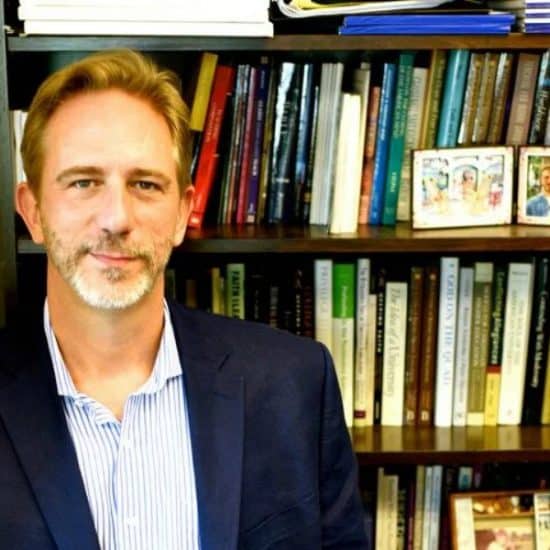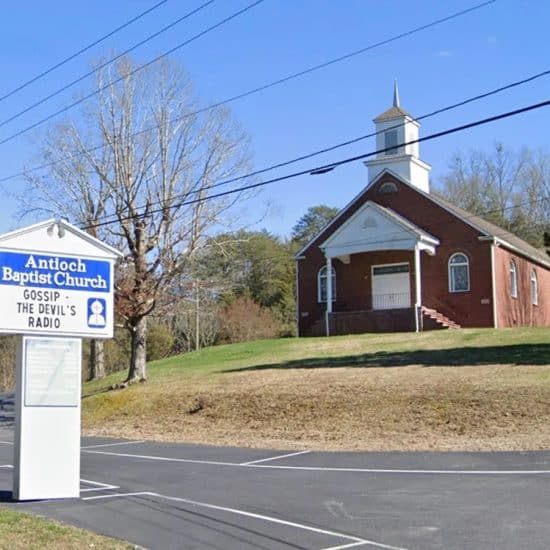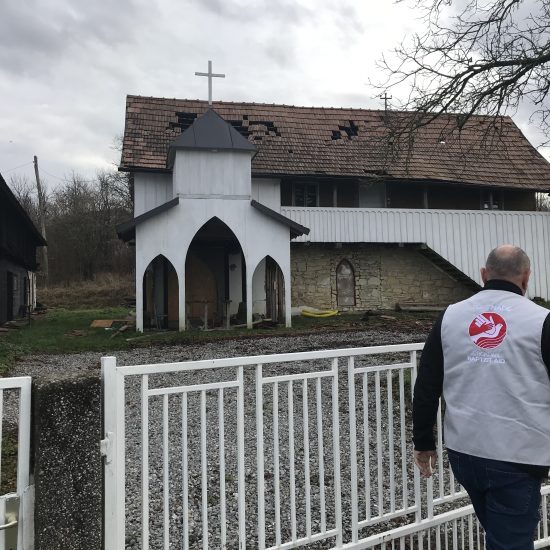 One word changed Darryl Burton’s life. “Guilty.”
One word changed Darryl Burton’s life. “Guilty.”
Before the word fully registered, Burton was being escorted to the Jefferson City Correctional Center where he spent 24 years studying the law and trying to prove his innocence. “I was one step from death row, I like to say,” said Burton.
In 1984 he was arrested on the charge of capital murder using the testimony of two paid informants who made deals on their own criminal charges. Though there was no physical evidence or motive connecting him to the St. Louis shooting, Burton was convicted and sentenced to life without the possibility of parole for 50 years.
His release took years of letter-writing, trying to find anyone who would listen to his story and help. He finally stumbled across Centurion Ministries, a small not-for-profit organization located in Princeton, N.J.
The organization receives thousands of requests each year, Burton said. “And they only accept three cases a year.” Even if he was selected, it would take 10 years to get to his case, Burton said.
He wrote them every year. “I figured I don’t have much to lose,” he said. He was selected in 2000.
Burton wrote what he considers an even more important letter in 1998. “I wrote a letter to God,” he said.
Burton said he didn’t believe in God for many years. Members of his family encouraged him to turn to God, so finally he wrote his letter and began reading the Bible, starting with “the red letters.”
As he read the words Jesus spoke, Burton began praying on his knees. “I had a peace,” he said. “I knew I was free, I just didn’t have what the free world did.”
While he had already begun forgiving those who sent him to prison and removing bitterness and anger, turning things over to God was like opening a floodgate, he said.
And tides turned in his case, as well. Burton learned that one of the key witnesses in sending him to prison recanted five months after he was found guilty. The man signed an affidavit that he had lied about witnessing the shooting. “He wanted to clear his conscience,” Burton said.
Centurion Ministries worked to bring his case before a judge. Cole County Judge Richard Callahan overturned his conviction, and Burton was released on Aug. 29.
“I’m not bitter. It’s not personal with me,” he said. “But I’m not the only one. There are still people who should not be [in prison] — more than one, more than 10, more than 100. I have no doubts about that.”
Burton is now living in North Kansas City, with help from the Midwestern Innocence Project. Two blocks away is the First Baptist Church, North Kansas City A church member introduced pastor Tiger Pennington to Burton.
“I was impressed — even within three minutes,” Pennington said. “He has a peace and dignity that I knew was spiritual. It’s just not human.”
Pennington and Burton became friends as the church sought to help Burton reconnect with the “free world.”
The church worked with the Midwestern Innocence Project when a donor stepped forward to help provide Burton with a car. Pennington assisted in the purchase. “It was a very joyous journey for me to be alongside, to be able to go with the other guys involved…. It was priceless.”
Adjusting to life outside the prison walls has been tricky, Burton said. While he was exposed to some technology over the years, he is being introduced to things many people take for granted. “You need a masters degree just to use a cell phone,” he said. He is also adjusting to debit cards, electronic money transfers and using e-mail.
And technology isn’t the only adjustment. “I spent 24 years dealing with men, now I’m learning how to deal with women — it’s a whole different perspective,” he said. “Women bring a different dynamic. It’s just wonderful.”
Readjusting “is a challenge, but one I welcome,” he said.
“I wish it had not been me [sent to prison],” he said. “It was a hell on earth that I don’t wish on anyone. I don’t mean that as a fairy tale, but literally.”
Burton recalls how he saw two stabbings on his first day in the maximum security unit. “There were times I would wish that I didn’t wake up,” he said. Depression, hopelessness and helplessness would overtake him.
But he has avoided bitterness by focusing on the red letters. “Jesus was hung on a cross for a crime he didn’t commit,” he said. Ironically, by the accounts of two witnesses. “But Jesus prayed for God to forgive them, for they do not know what they do.”
“I refer to that over and over again, and how he handled the situation with forgiveness. That’s divine. There is no point in being bitter, but in becoming better — to help others.”
Burton hopes sharing his story will help others realize that they can make it, “but with God. I’m not able in and of myself…. God’s power is greater than all of it — it’s my saving grace.”
Jesus lived it, he said. “He showed how it can be done as earth as it is in heaven. I have a peace that surpasses all glory.”
He also recalls the story of Joseph being sold into slavery by his brothers. “He said ‘what you meant for evil, God meant for good.’”
“The scriptures are alive in this story in a way you can see and taste,” Pennington said. “It’s tangible. It’s encouraged me.”
Pennington said that Luke 4:18-19 has really come alive for him through Burton’s story. “People are seeking to give in such a way that the Year of Jubilee seems to be enacted. The themes in the gospel and Jesus’ teaching are living and breathing in an ongoing story. Justice for Darryl cannot be fully done, but some injustice is being undone.”
Burton hopes to have more speaking opportunities to share his story with others.






